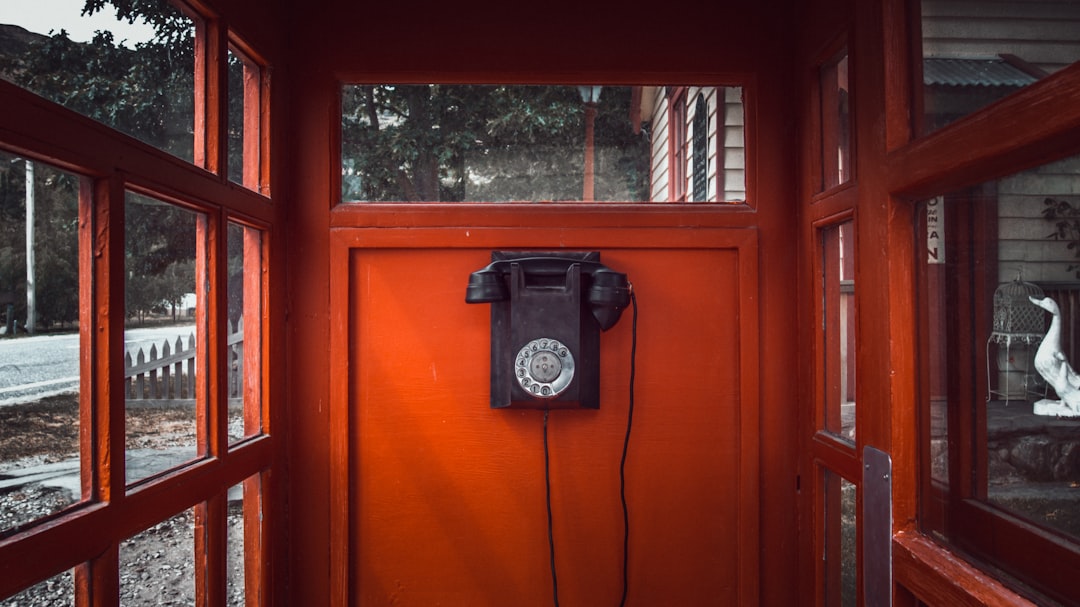Nevada's strict Do Not Call laws protect residents from unwanted telemarketing calls by maintaining a registered database of opt-out numbers. These regulations, enforced through penalties, ensure compliance and safeguard consumer rights. Businesses must register under these laws to avoid legal issues, with exemptions for consent calls, non-profits, political campaigns, and debt collection agencies adhering to strict guidelines. The Nevada Attorney General's Office oversees enforcement, allowing residents to easily file complaints online or through consumer protection agencies.
“Unwanted calls can be a nuisance, but in Nevada, residents have powerful tools to protect their privacy. Discover Nevada’s Do Not Call Laws – a comprehensive guide designed to give you control over your phone lines. Learn how these laws safeguard Nevadans from unsolicited sales calls, with specific protections and enrollment processes detailed for a smoother experience. Understand the exemptions, penalties, and enforcement procedures to ensure compliance and enjoy peace of mind.”
Understanding Nevada's Do Not Call Laws: A Legal Perspective

Nevada’s Do Not Call laws are designed to protect residents from unwanted telemarketing calls and sales pitches, offering a layer of privacy and peace for consumers. These regulations are in line with similar measures implemented across the United States, aiming to balance commercial interests with individual rights. The Nevada Do Not Call list is a registered database that includes phone numbers of residents who have opted-out of receiving telemarketing calls. This list is meticulously maintained by the Nevada Attorney General’s Office, ensuring compliance among telemarketers operating within the state.
From a legal standpoint, these laws are enforced through penalties and lawsuits. Telemarketers who violate Do Not Call regulations by calling registered numbers may face substantial fines, with each violation potentially leading to significant monetary consequences. This strict enforcement reflects the state’s commitment to upholding consumer rights and providing a safe haven from intrusive marketing practices.
Who is Protected by These Laws and How?

Nevada’s Do Not Call laws are designed to protect residents from unwanted phone calls, particularly those from telemarketers and sales reps. These laws give Nevadans the power to choose when and how they receive marketing calls. The protections extend to all individuals within the state, including homeowners, renters, and even businesses that have not made any prior purchases or given explicit consent for such calls.
The Nevada Do Not Call list is a registered database that tracks phone numbers wishing to opt-out of these calls. Once a number is added, it becomes off-limits for telemarketers and sales calls for a period of five years. This ensures sustained privacy and peace for residents who wish to limit their interaction with commercial callers.
Enrollment Process: Step-by-Step Guide to Register

In Nevada, registering your business to comply with the state’s Do Not Call Laws is a crucial step to ensure legal compliance and avoid potential penalties. The enrollment process is straightforward but requires careful attention to detail. Here’s a step-by-step guide on how to register:
1. Determine Eligibility: First, ascertain that your business falls under the state’s telemarketing or sales call regulations. Nevada’s Do Not Call Laws apply to businesses making telemarketing or sales calls within the state, including those using automatic dialing systems, prerecorded messages, and live operators.
2. Obtain Necessary Information: Gather essential details about your business, such as the company name, physical address, phone number(s), and email address. Also, prepare a list of all telephone numbers that your marketing or sales efforts will target within Nevada.
3. Register Online: Visit the official website of the Nevada Secretary of State to access the Business Registration Application. Fill out the form completely, providing all required information accurately. Pay the registration fee online to complete the process.
4. Submit Proof of Registration: Once approved, you’ll receive a confirmation and your unique business identification number. Keep this information handy as you’ll need it for future compliance, including updating your records or reporting changes in your business.
Exemptions and Restrictions: What's Allowed, What's Not?

In Nevada, the Do Not Call laws are designed to protect residents from unwanted telemarketing calls and sales pitches. While these laws offer significant consumer protection, there are certain exemptions and restrictions that businesses and organizations must understand. For instance, calls placed with the consent of the recipient, such as those made for a pre-existing relationship or with explicit permission, are exempt from the regulations. Additionally, non-profit organizations, political campaigns, and calls related to debt collection or law enforcement activities also fall outside the scope of Nevada’s Do Not Call laws.
However, what is allowed under these exemptions is subject to strict guidelines. For example, even though debt collectors can call, they cannot harass or use abusive language. Political organizations must respect opt-out requests promptly. Moreover, businesses that have obtained a consumer’s number through a legitimate transaction (like a purchase) still need to adhere to specific rules regarding the frequency and content of their calls. Understanding these allowances and prohibitions is crucial for compliance with Nevada’s Do Not Call laws.
Penalties and Enforcement: Consequences of Violations

In Nevada, violations of Do Not Call laws can result in significant penalties for telemarketers and call centers. The state’s regulations are designed to protect residents from unwanted phone solicitations, and non-compliance can lead to substantial financial repercussions. Fines range from $100 to $500 per violation, with potential additional costs if the violation involves a willful or knowing disregard for the law. These penalties aim to deter excessive or harassing calls and ensure residents’ privacy.
Enforcement of these laws is handled by the Nevada Attorney General’s Office, which actively monitors complaints and investigates instances of repeated or egregious violations. Residents can file complaints online or through local consumer protection agencies, facilitating swift action against offending parties. The strict enforcement mechanism serves as a clear message to telemarketers, encouraging compliance with Nevada’s Do Not Call laws to avoid severe legal and financial consequences.






